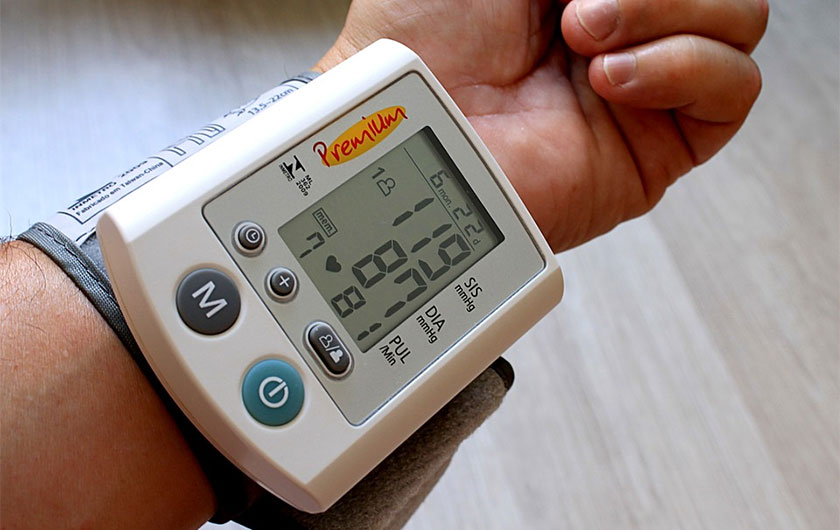
If you’ve been diagnosed with a vitamin D deficiency, there are simple steps you'll be able to take to overcome it. To treat mild cases, speak your doctor to suggest a daily or weekly vitamin D supplement at a dose applicable for your specific condition. attempt spending longer within the sun, eating foods that contain or are fortified with vitamin D, and sweat more.
Meet the Doctor
Talk to your doctor regarding your risk factors and symptoms. women who are pregnant or nursing, infants, the aged, people who aren't getting much sun exposure, and people with darker skin are at a higher risk of developing a vitamin D deficiency. above, disorders like Crohn’s disease, celiac disease, obesity, and milk allergies, also as a strict vegan diet, will disrupt vitamin D absorption.
Symptoms
Symptoms of vitamin D deficiency include weakness, depression, fragile bones, and chronic bone or joint pain. However, many of us experience delicate symptoms or no symptoms at all unless their condition is advanced, thus you should see your doctor for associate accurate diagnosing.
Blood Test
Ask for a blood test. A blood test referred to as '25-hydroxy' is a key step in treating vitamin D deficiency. Once your doctor determines your levels, they'll suggest the correct course of treatment.
The test isn’t a part of routine care for the overall population, however can be requested when a patient is in a very higher risk category.
Consult Your Doctor about Treatment plan
If your blood test shows a light deficiency, your doctor can likely suggest making dietary changes, and spending more time in the sun. If they find a more serious deficiency, a high-dose therapy might be the best option.
Rickets or a severe calcium deficiency may result from serious cases of vitamin D deficiency. If these are detected, calcium supplementation via an IV could be necessary. This sometimes happens only in infants affected by seizures because of calcium malabsorption.
